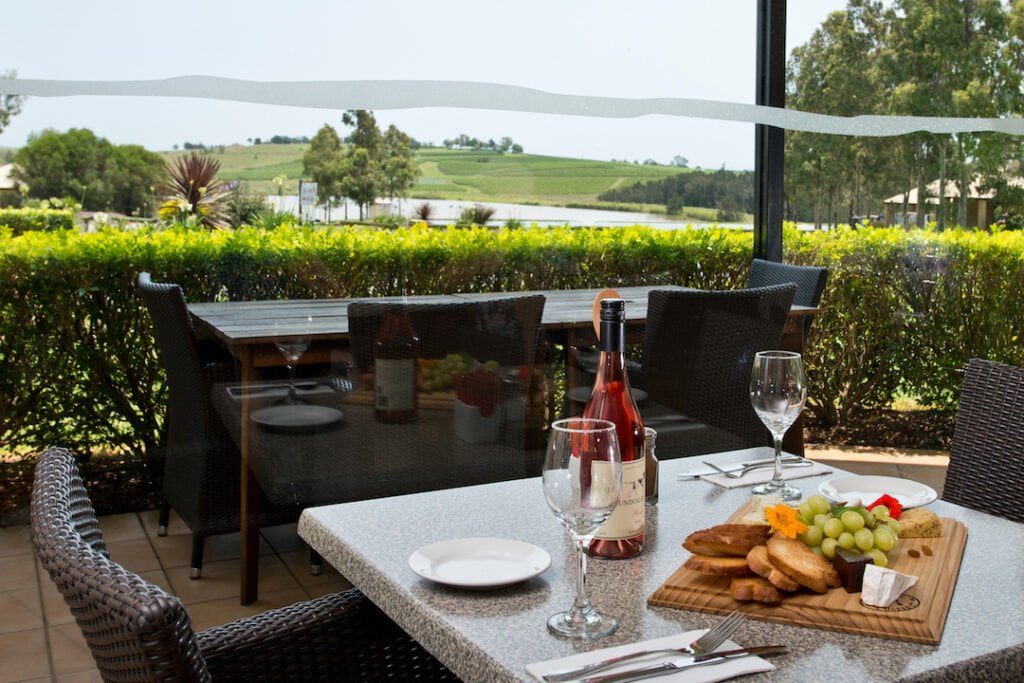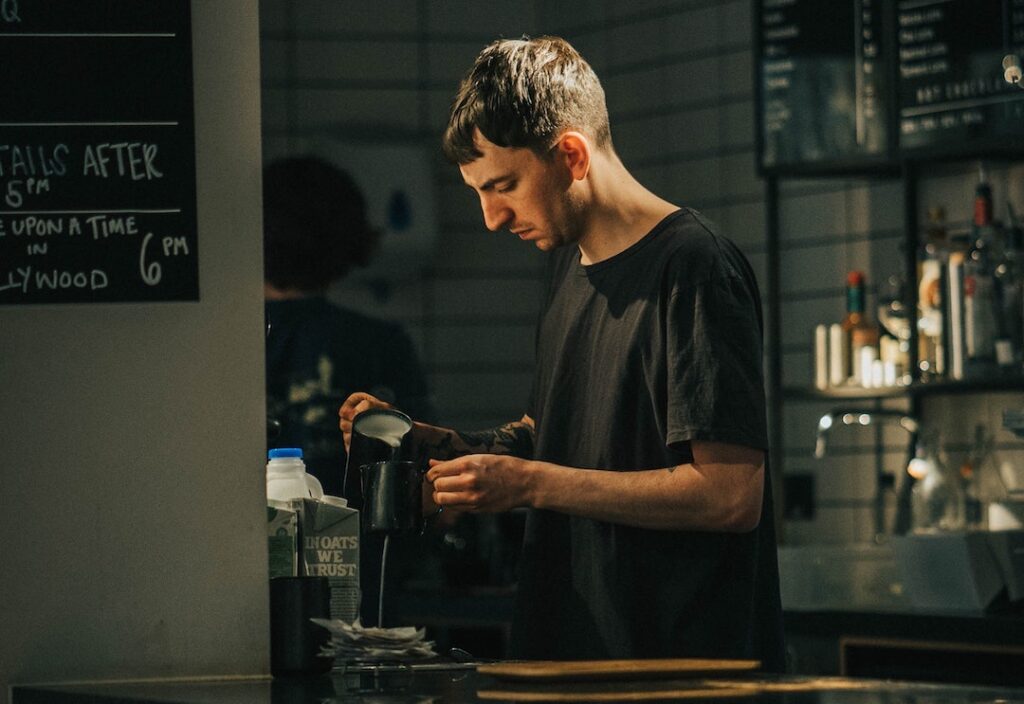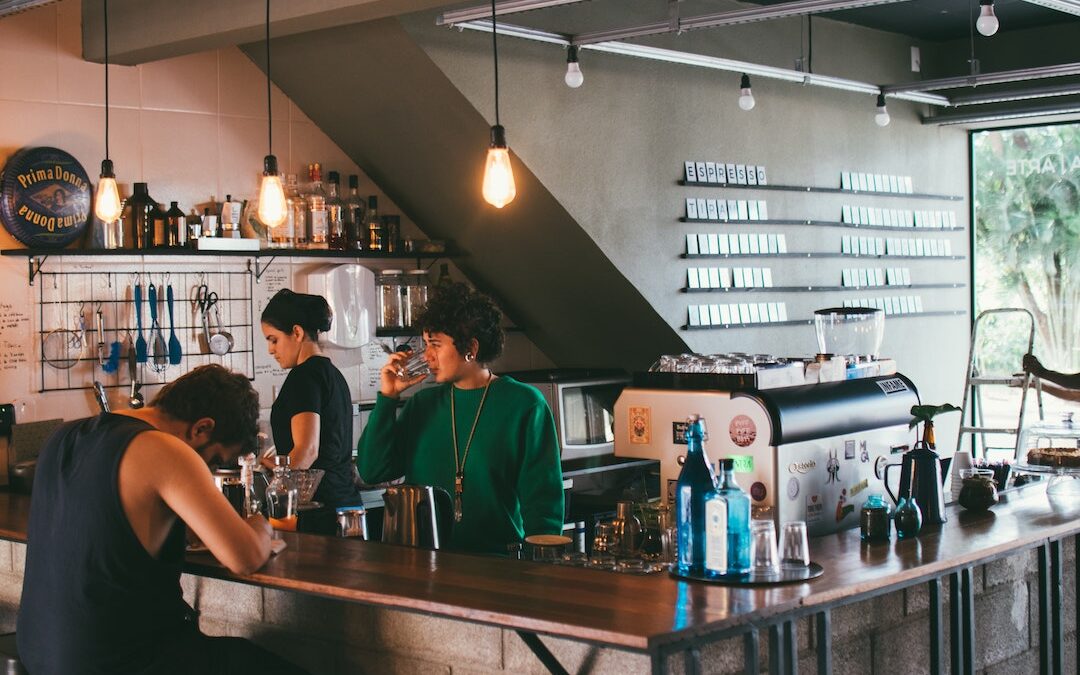Many regional hotels, restaurants, bars and cafés have found ways to soldier on during the current crisis, while others have chosen to hibernate until better days. But with so much uncertainty ahead, regional hospitality businesses are left wondering, what next?
No Australian business sector has been harder hit by COVID restrictions than hospitality. In June, the Australian Hotels Association and Tourism Accommodation Australia estimated that 240,000 of the 250,000 workers employed by their members had been stood down – that’s a previously unimaginable 96 per cent!
“Before COVID, 80 per cent of our market was interstate, five per cent international, and the other 15 per cent were intrastate, meaning Tasmanians,” explains Andrew Paynter, COO of RACT Destinations, which operates three accommodation properties across Tasmania. “When the state was locked down we took a people-first approach. We had close to 200 employees and only 50 per cent qualified for JobKeeper. We sat down with every single individual and mapped out a plan, and we brought some maintenance programs forward to give people minimal hours. Every person in our business had some food, a warm bed and a roof over their head.”

Surviving lockdown
‘People-first’ has been a core mantra of the hospitality industry during the COVID-19 crisis in Australia. Large chains like Accor have become critical to the nation’s response measures with many of their properties acting as mandatory quarantine centres, as well as providing rooms for the homeless and domestic abuse survivors needing a safe refuge. Many other businesses have offered takeaways and home deliveries to keep as many staff employed as possible, though that has proved more difficult for regional businesses.
“We can’t pivot to takeaway like our metro cousins as the distances are much further, and it costs too much for travel,” says Eliza Brown, CEO of All Saints Winery in Wahgunyah, three hours north of Melbourne. The property offers multiple accommodation and dining options, has a cellar door, and is a popular wedding venue. “Regionally, we rely on tourism to improve our revenues due to locals having a finite spending power. So, we built a lot of video content during the first lockdown and used it to promote our wines and build trust and loyalty with our customers while they had to stay away.”
A breath of fresh air
Despite the challenges regional hospitality businesses have faced this year, as lockdowns and restrictions ease many are finding advantages to being so far from metro centres.
“What we have been seeing in Australia as a result of lockdown is pent-up demand for leisure travel, but to regional locations,” explains Simon Wan, StayWell Holdings’ President and Director. “When travel restrictions eased, our regional properties in Cairns, the Blue Mountains and the Hunter Valley all saw very sudden short-term occupancy growth, but the same was not true of metro areas.
“People wanted to escape lockdown, but wanted to do so in locations they viewed as ‘safe’ options. Cities are unfortunately not yet being viewed in the same way, and with business travel and international travel yet to return, metro hospitality offerings are likely to continue to face more difficulties than regional properties.”
Paynter concurs that there has been strong immediate demand since lockdown ended in Tasmania. “You cannot get a room at our Cradle Mountain Hotel,” he says, “and you would struggle to get one at the Freycinet property. Demand is strong until the end of August, but there’s only so much that we can yield from a Tasmanian market.”
While Australians are staying close to home when it comes to travel in 2020, whether by necessity or feelings of ‘safety’, the opening of state borders is a critical first step for the long-term future of the regional hospitality industry. While hotels can’t rely on domestic travel forever, the industry hopes occupancy rates could at least climb to 50 per cent in March 2021, from the less than 20 per cent seen in August 2020.

Relax and reconnect
The Greater Geelong and Bellarine Peninsula region in Victoria usually has 6.4 million visitors per year, with an annual contribution of $1.1 billion per year to the state economy. More than 90 per cent of visitors are domestic travellers, so there’s huge potential for a quick rebound once lockdowns cease and borders reopen.
“Of the domestic travel that we do receive, 50 per cent of those are travelling here primarily to visit friends and relatives,” explains Brett Ince, Executive Director of Tourism Greater Geelong and The Bellarine. “A big focus as we move forward is ensuring that the products that our 600 members are offering have that relaxation, reconnection and recovery approach to them. What will support people to recover and reconnect with family and friends? If we think of the ’90s when people would get in their cars for a two-week family holiday rather than go overseas, that’s the deep connection people are looking for. It will be a big change to how we travel.”
Brown has also had customers express a desire for a different type of holiday than what they are used to. “People have a new-found excitement for travelling in winter and rugging up,” she says. “Many people have mentioned that they usually head to Europe or Asia to get away from the cold, but now they are excited about reading by open fires and walking in the bush with scarves and beanies – they see the cold as a positive.”
Hospitality has often been referred to as a ‘hearts and minds’ industry, and many regional operators are also relying on the continued desire for destination weddings as a key part to their recovery. But no matter what happens in the future, Wan predicts the hospitality industry will be changed forever.
“There is no denying that the world will be a different place due to the effects of COVID-19,” he says. “I would argue that all of us in hospitality need to develop a more sustainable financial model so our businesses can survive not only the rebound from COVID-19, but also the next challenge when it comes.”
For a story of success in the hospitality industry during covid, click here.

